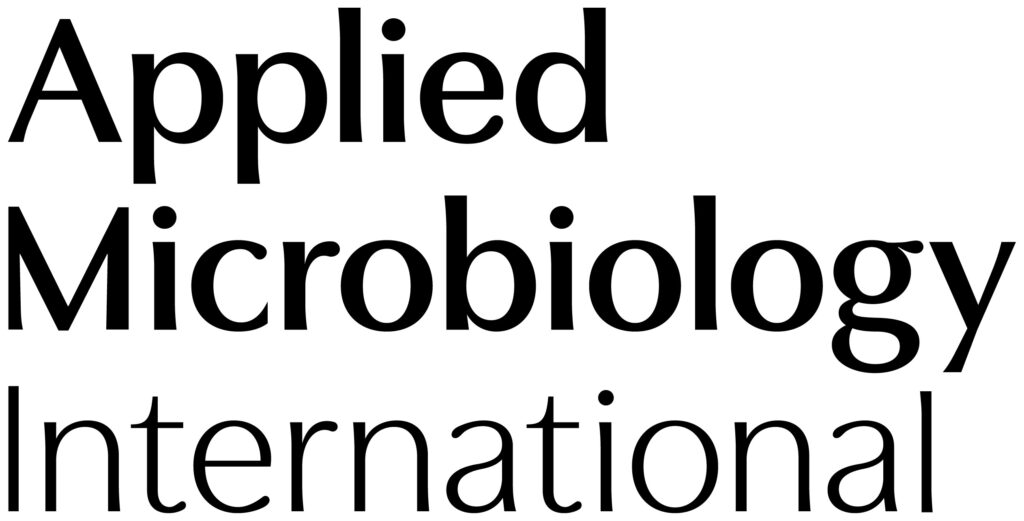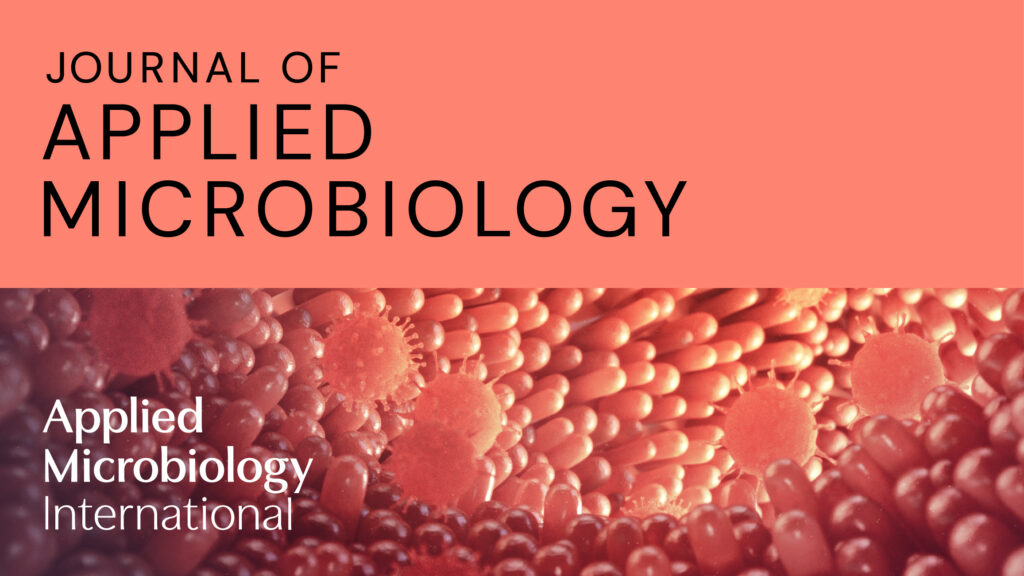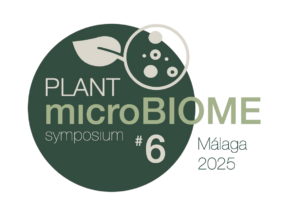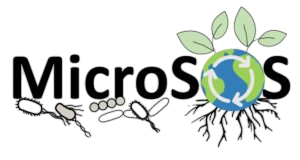Keynote speakers
We are thrilled to introduce a distinguished lineup of keynote speakers for the 6th Plant Microbiome Symposium 2025 on Plant-Microbe Interactions. These renowned experts bring groundbreaking perspectives and insights from diverse areas of plant and microbial science, providing a comprehensive exploration of current trends, innovations, and challenges in the field. Each speaker has made significant contributions to advancing our understanding of how plants and microbes interact and their pivotal roles in ecosystem health, agricultural sustainability, and environmental resilience.
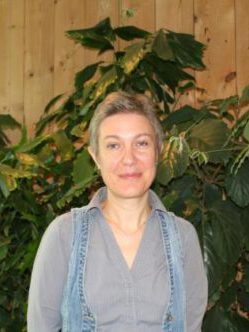
Paolina Garbeva
Paolina Garbeva is a senior scientist and research group leader in the Department of Microbial Ecology at the Netherlands Institute of Ecology (NIOO-KNAW). She is also Professor of Plant Microbiome Systems at the Faculty of Science and Engineering, Earth System Sciences, at Maastricht University. She received her PhD from Leiden University, The Netherlands in 2005. Her research is currently focused on understanding the underlying mechanisms of microbe-microbe and plant-microbe interactions, paying particular attention to the role of microbial volatiles. She would like to further decipher the molecules used by plants and microbes to communicate and harness the potential of those molecules and the microorganisms that produce them to improve plant growth and health.
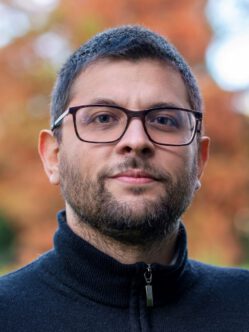
Ioannis Stringlis
Dr. Ioannis Stringlis is Assistant Professor of Phytopathology at the Agricultural University of Athens. He is working on a) plant-microbiome-pathogen interactions, b) mechanisms of induced systemic resistance in plants, c) interaction between iron deficiency and pathogens, and d) plant defense mechanisms activated in response to phytopathogens and beneficial microbes. Prior to his appointment as Assistant Professor, he has performed his PhD studies and later worked as postdoctoral researcher at Plant-Microbe Interactions group (Chair: Prof. Corné Pieterse) in Utrecht University in the Netherlands (2012 - 2023). He has obtained his BSc (2003 - 2008) and MSc (2010 - 2012) degrees in Agricultural University of Athens.

Angela Sessitsch
Dr. Angela Sessitsch is Head of the Bioresources Unit at the AIT Austrian Institute of Technology. She studied biochemistry at the University of Technology in Graz, holds a PhD in Microbiology from the Wageningen University, the Netherlands, and is habilitated at the Vienna University of Natural Resources and Life Sciences. She has pioneered plant-associated microbiomes and is interested in understanding the interactions between plants, microbiomes and the environment as well as to develop applications. Her team explores the diversity and functioning of plant microbiota by applying a range of molecular approaches, interaction modes between plants and model bacteria, colonization behaviour of endophytes as well as various application technologies for biocontrol and crop enhancement applications. Together with her group A. Sessitsch published more than 250 peer-reviewed publications and is co-inventor of several patents. She co-chairs the EPSO Working Group “Plants and Microbiomes” and is current President of the international MicrobiomeSupport Association.
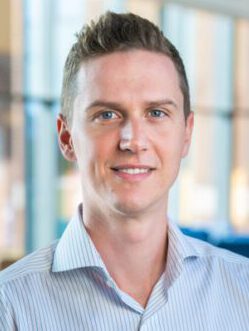
Francisco Dini Andreote
Francisco Dini-Andreote is an Assistant Professor in the Department of Plant Science at Pennsylvania State University. He earned his Ph.D. from the University of Groningen and completed postdoctoral research at the Netherlands Institute of Ecology (NIOO-KNAW). His lab studies the ecological and evolutionary processes mediating plant-microbe interactions, with an emphasis on leveraging microbial functions to promote plant biotic and abiotic stress tolerance.
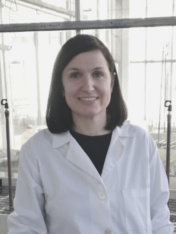
Ainhoa Martínez Medina
Ainhoa Martinz Medina has focused her career on understanding how beneficial microbes in the rhizosphere microbiome boost plant immunity and thereby stimulate plant health. After obtaining her PhD (CEBAS-CSIC, Spain), she moved to the lab of Dr Pozo (EEZ-CSIC, Spain) as a Postdoctoral Researcher, and later to the lab of Prof. Pieterse, at Utrecht University as a Marie Curie Postdoctoral Fellow (The Netherlands). She investigated molecular mechanisms of the plant immune system underlying Microbe-Induced plant Resistance (MIR). Later, as a Project Leader, she joined the group of Prof. van Dam at iDiv (Germany), where she focused on molecular ecology of MIR. In 2019, she secured an Attraction of Talent Grant, that allowed her to incorporate as a Junior Group Leader at IRNASA-CSIC (Spain). In 2021, she was rewarded a Ramón y Cajal contract; and in 2023, she got promoted to Tenured Scientist. Currently, she is the team leader of MOLECOLAB.
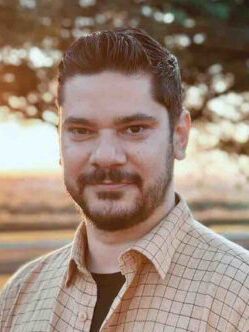
Lucas William Mendes
Assistant Professor on Ecogenomics and Environmental Sustainability at the Center for Nuclear Energy in Agriculture, University of Sao Paulo (CENA-USP), in Piracicaba-SP, Brazil. Bachelor in Biological Sciences with Master (2009) and PhD (2014) in Sciences (Biology in Agriculture and Environment) by CENA-USP and the Netherlands Institute of Ecology (NIOO-KNAW). Post-doctoral studies at CENA/USP and NIOO-KNAW. His research has focused on the study of microbial communities in soils from different Brazilian biomes and in association with plants, in order to understand their functions and importance for the environment, seeking to provide useful information for the use of soil microbiota in the maintenance of ecosystems, recovery of degraded areas, and promotion of agricultural crops. In collaboration with several national and international research groups, his projects currently focus on studies of microbiomes, involving microbial ecology, molecular biology and bioinformatics.
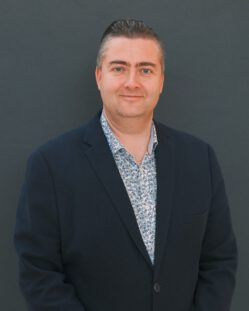
Akos Kovács
Ákos T. Kovács is a Professor of Microbiome Ecology at Leiden University, the Netherlands. He received his MSc and PhD at the University of Szeged in Hungary and performed his post-doctoral training at the University of Groningen in the Netherlands. In 2012, he started a research group at the Friedrich Schiller University of Jena, Germany, and became Professor at the Technical University of Denmark in 2017. He moved his research group to the Institute of Biology at Leiden University in 2023. His research focuses on the interaction of Bacilli with plant rhizosphere microbiome members, including bacteria and fungi. He also investigates the ecology and evolution of Bacillus subtilis biofilms, their secondary metabolites, and circadian rhythm.
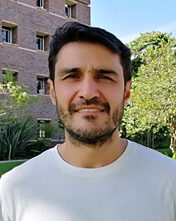
Juan Esteban Pérez-Jaramillo
Juan Esteban Pérez Jaramillo is a Biologist, with a Master in Environmental Agrobiology and a PhD in Biological Sciences. Currently is an Associate Professor at the Institute of Biology of the University of Antioquia in Medellín, Colombia. His current research efforts can be summarized into three main areas: Plant and soil microbiome studies for the identification of microbial groups and environmental variables pivotal for crop health; bioprospecting of soil microorganisms for biological control; and diagnostic of plant pathogens through molecular biology with emphasis on viruses and bacteria.
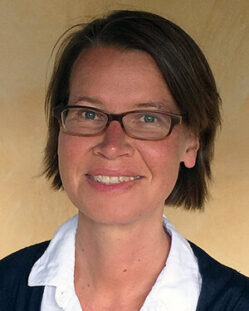
Julia Vorholt
Julia Vorholt is a Professor of Microbiology at ETH Zurich, Switzerland. She studied biology at the Universities of Bonn and Marburg and conducted her PhD at the Max-Planck-Institute for terrestrial Microbiology in Germany. After a postdoc at the University of Washington in Seattle, USA, she led a research group at the MPI Marburg and then at the French National Centre for Scientific Research (CNRS) in Toulouse. She joined ETH Zurich as Associate Professor in 2006 and has been Full Professor since 2012. Since 2020, she has been Co-Director of the Swiss National Centre of Competence in Research (NCCR) Microbiomes. Her research focuses on plant microbiomes, with an emphasis on the phyllosphere, one-carbon metabolism, and endosymbioses.
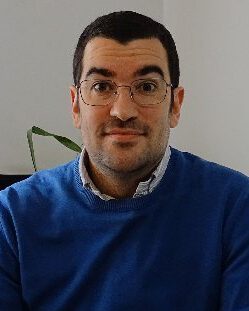
Manuel Delgado Baquerizo
Manuel Delgado Baquerizo is the leader of the Biodiversity and Ecosystem Function lab at IRNAS-CSIC. His research aims to advance our understanding on soil biodiversity and ecosystem function in natural, agricultural and urban ecosystems under global change to provide innovative knowledge and solutions to help conserving soils worldwide
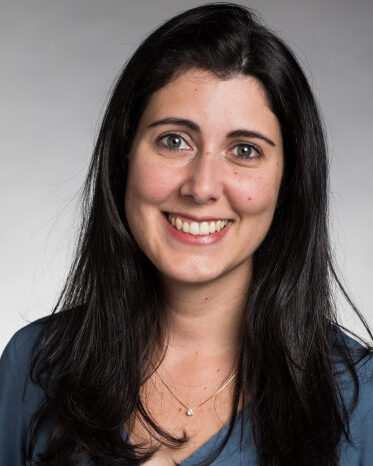
Viviane Cordovez
Viviane Cordovez is a senior scientist in the Department of Microbial Ecology at the Netherlands Institute of Ecology (NIOO-KNAW). She obtained her PhD at Wageningen University in the Netherlands. Her research focuses on plant-microbe interactions and the potential of plant-associated microorganisms, particularly the phyllosphere microbiome, to improve plant resilience to (a)biotic stresses. In 2020, she established her research group, which explores the diversity and functional potential of yeasts in the phyllosphere of native and crop plants, through culturomic, metabolomic and genomic approaches.

Maria J. Pozo
Researcher in the Department of Soil and Plant Microbiology at the Estación Experimental del Zaidín, Spanish National Research Council (CSIC). Her primary research focuses on understanding how microbes, particularly mycorrhizal fungi, can boost plant immunity and how this knowledge can be used for sustainable crop protection. After earning her PhD in plant biology from Granada University in 1999, she worked on functional genomics of biocontrol fungi at Texas A&M University. She then studied the molecular mechanisms behind microbe-induced resistance in plants as a Marie Curie postdoctoral fellow in the Plant-Microbe Interactions group at Utrecht University. In 2005, she returned to Spain and established the Mycostress group focusing on the molecular mechanisms regulating mycorrhiza-induced resistance against pests and pathogens in tomato, and how to implement this induced resistance in current agronomic practices. Currently, she is co-chair of the "Plant Health" working group of the European Plant Sciences Organization (EPSO).
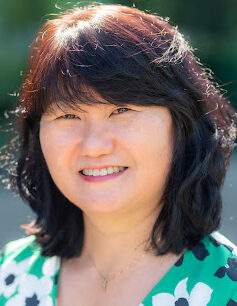
Eiko Kuramae
Eiko Kuramae is a Senior Scientist at the Netherlands Institute of Ecology and Professor of Microbial Community Ecology & Environmental Genomics at Utrecht University. She investigates soil microbiome interactions, emphasizing the Nitrogen cycle, to enhance ecosystem function. Her research develops microbial solutions for greenhouse gas mitigation, land restoration, and improved crop production through beneficial microbial communities. Current projects focus on climate-proof soils, nutrient recycling, microbial farming, and microbiome interactions with sorghum and rice exudates for enhanced nitrogen efficiency. Leading international collaborations, she explores microbiome-plant co-dependency to optimize nutrient cycling, soil health, and reduce N2O emissions for sustainable agriculture.
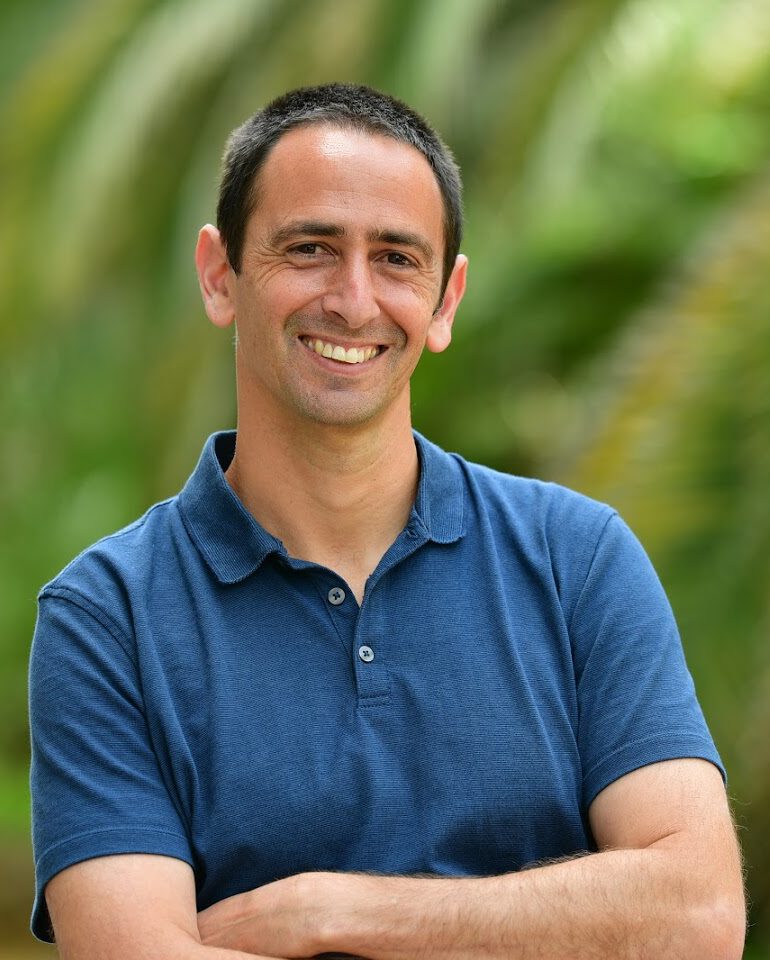
Asaf Levy
Asaf Levy is a PI at the Hebrew University of Jerusalem. The Levy lab focuses on the genetic basis of bacterial interaction with different organisms, such as plants, fungi, insects, and bacteria. The lab combines computational and molecular microbiology to decipher novel bacterial gene functions, such as toxins and colonization factors. Asaf did his PhD at the Weizmann Institute of Science and later served as a research scientist at the Joint Genome Institute. He opened his lab 6 years ago at the department of plant pathology and microbiology of the Hebrew University of Jerusalem. Asaf is also a head of the Agroinformatics B.Sc. program that combines data science with agronomy studies.
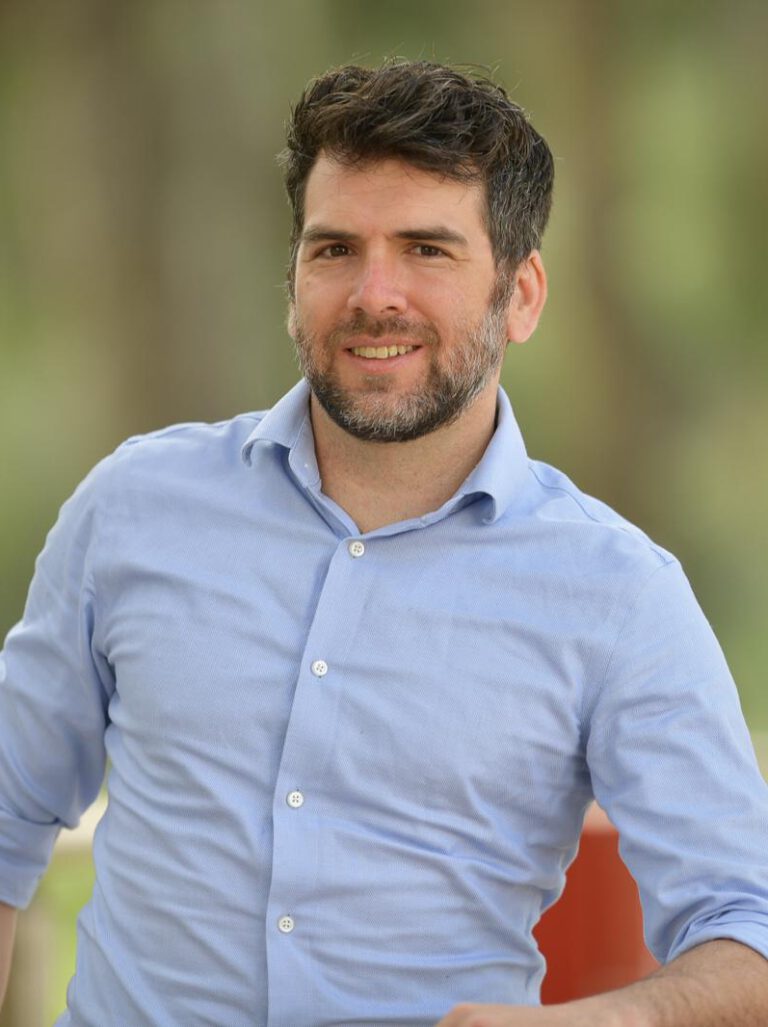
Omri Finkel
Omri Finkel is a Senior Lecturer in the Department of Plant and Environmental Sciences, The Hebrew University of Jerusalem. He earned his Ph.D. from the Hebrew University, and worked as a post-doctoral researcher the University of North Carolina, before starting his research group in 2020. Omri is a microbial ecologist, interested in understanding how microbial communities assemble in association with plants, and how these interactions evolved. His work within the field of plant-microbe interactions spans the study of microbial biogeography, metagenomics and molecular plant-microbe and microbe-microbe interactions, with a focus on arid habitats.
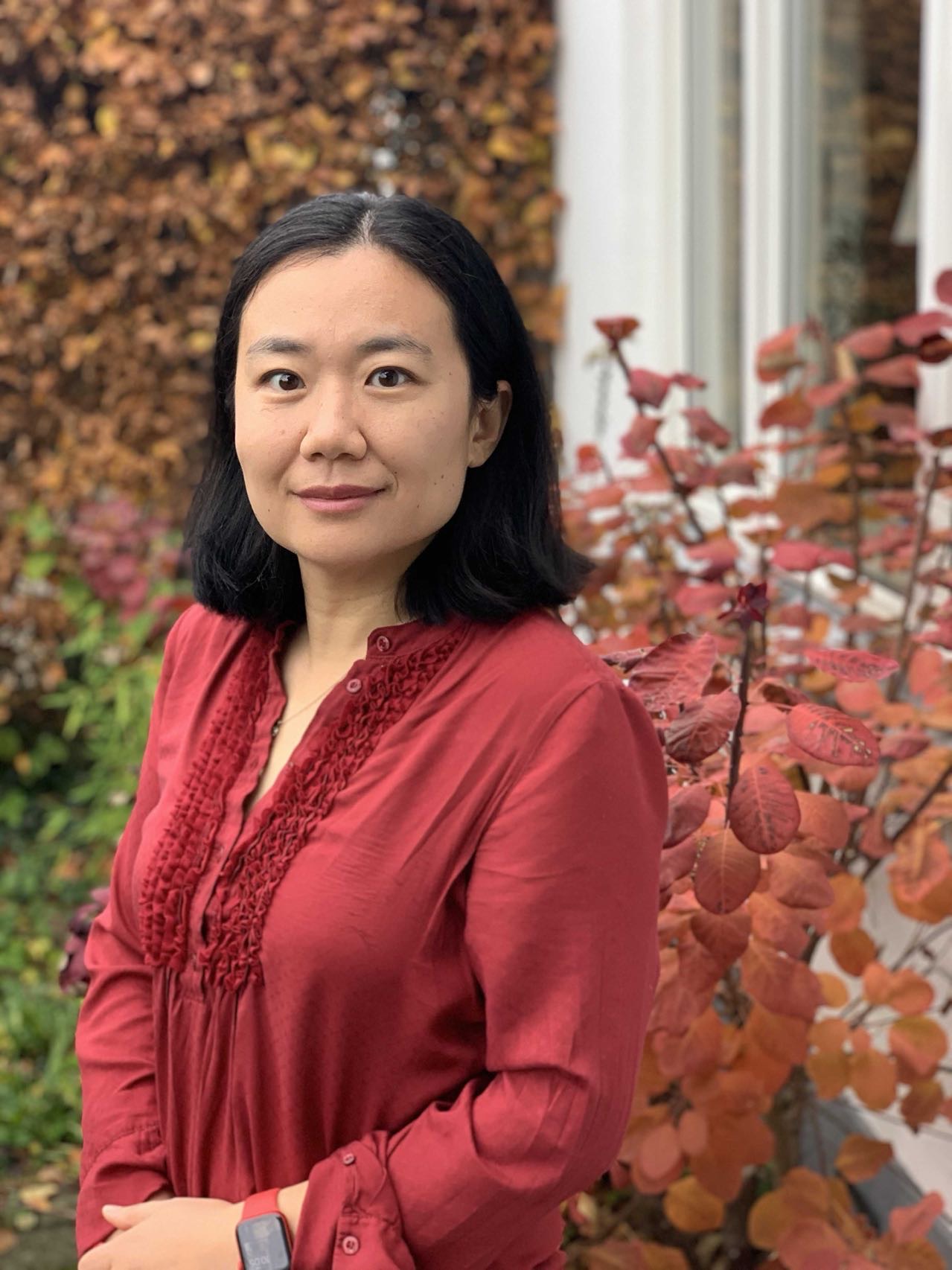
Ling Ding
Ling Ding is an associate professor at the Technical University of Denmark, Denmark. She studied biology of sciences in her Bachelor and carried out her PhD in the field of microbial natural product chemistry jointly at Chinese Academy of Sciences and University of Goettingen. She conducted her postdoc at Leibniz Institute for Natural Product Research and Infection Biology Hans Knöll Institute, Germany. She moved to Denmark in 2016 as a scientist at DTU and established her research group in 2018. Her research focuses on plant-microbe interactions and microbial secondary metabolites related to plant protection.
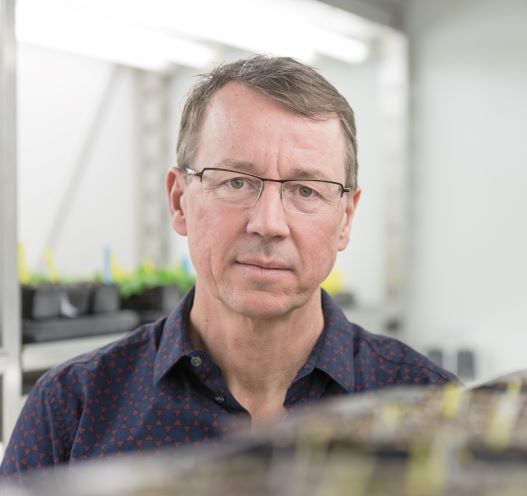
Harro Bouwmeester
Harro Bouwmeester graduated from Wageningen University, the Netherlands in 1990 and worked there as post-doc and scientist in several research institutes and from 2008 as Chair of Plant Physiology at Wageningen University. Since 1 October 2016 he is Chair of Plant Hormone Biology at the Swammerdam Institute for Life Sciences (SILS) of the University of Amsterdam, the Netherlands. The work in his group is centered around signaling molecules and their role in the communication of plants with other organisms, especially belowground, such as parasitic plants, nematodes and the microbiome. Topics that are studied are the discovery of new signaling relations using omics data, the importance of structural diversity in signaling molecules for biological specificity - for which elucidation of biosynthesis and perception mechanisms are used – and the discovery of unknown roles of signaling molecules. At the end of 2005, he was awarded the prestigious Vici-grant for his work on underground chemical communication of plants with parasitic plants and arbsucular mycorrhizal fungi, in 2015 an ERC Advanced grant for work on the evolution of chemical communication in the rhizosphere of plants and in 2019 an NWO Gravitation grant on the plant-microbiome interaction, called MiCRop (www.microp.org). He is one of the lead PIs in a large programme called Holomicrobiome which was recently funded
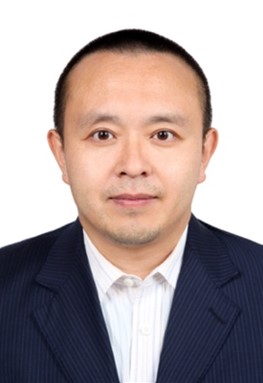
Yang Bai
Yang Bai is a principal investigator in Peking University, Beijing, China. He received a Ph.D from University of Cologne for plant developmental biology in 2010. From 2011 to 2016, he did a Postdoc at the Max Planck Institute for Plant Breeding Research in the lab of Professor Paul Schulze-Lefert. There, he worked on the high-throughput bacterial isolation and reconstitution of Arabidopsis root microbiota. From 2016 to 2024, he built up the research group in CAS IGDB, and from Feb of 2024 he moved to Peking University working on the function and mechanism of plant-microbiome interactions in crops.

